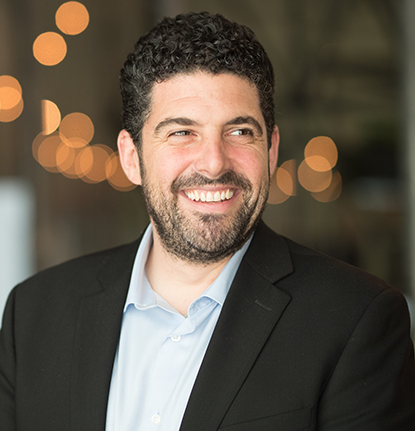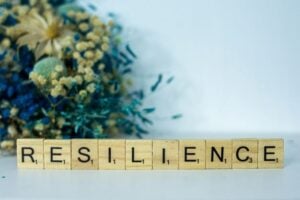“Our attendance to religious services have gone down, but the power of individual companies to change behavior at the individual level, like when you join a company, especially a big company, it has a culture and you’re kind of forced to join that culture. They tell you how to believe.”
Bartering was supposedly established in Mesopotamia in roughly 6,000 BC. With bartering being the basic construct of business, established business cultures have been around for quite some time. That said, for the most part- pre-COVID-19 pandemic business cultures were established throughout the 19th century industrial revolution. In the late 20th century, traditional business began to expand its reach to impact society through renewed missions from companies such as Patagonia and the establishment of the B-Corp- companies like Warby Parker, Toms, The Body Shop, etc.
Sustainability was part of the conversation leading into this pandemic, but coming out- essentially all global corporate enterprises have carbon footprint reduction as a central goal. And nearly as many large corporations have Diversity, Equity and Inclusion (DEI) initiatives. The contemporary business culture is substantively different from the simply interpersonally-based business cultures of yore.
View the session above, or better yet- register for TMRE 2022 now.
Mindfulness has reached new stratospheres of influence. If planet health through sustainability and large group mental wellness through DEI initiatives are now table stakes, small group and personal mental fitness would be the next path to traverse in business culture.
As Shute suggests, it does begin with the person, “mindfulness is really about building self-awareness, because it’s really hard for me to be aware of others if I’m not aware of myself. I can’t help anybody else or it’s harder to. And so mindfulness, whatever that means to you, is a personal practice of developing awareness. It’s a personal practice of developing myself.”
Wolf agrees that mindfulness is a truly personal practice. And she goes one step further, pointing out the commitment needed to see results, “to know thyself is one thing, but then to be willing to put in the time or the block or the asking for more at work is quite courageous.”
View the session above, or better yet- register for TMRE 2022 now.
The realization that the organization can focus on changing the world while providing the opportunity to the individual to develop themselves, plays perfectly into a quote from Rumi which Shute appreciates, “Yesterday I was clever and I tried to change the world. And today I am wise and I’m working on myself.” Today’s leading organizations have created a corporate culture where both can be true.
A modern corporate culture sets up the individual to add more value to the organization. “Taking time for me is not selfish. Actually taking time for me, enables me to have more capacity to serve.” Unfortunately, myriad companies do not have a modern corporate culture, “as we go through this evolution, our managerial techniques have not changed all that much from the agrarian age to the industrial age, to the information age.”
Too often, that leads to a focus on physical fitness over mental fitness- with benefits focused on gym membership. While this is some percentage of nearly every organization that does need to be physically fit to accomplish their job- it’s not everyone. That’s not true for mental fitness, “how many of our employees need to be mentally focused or emotionally stable? A hundred percent of them.”
View the session above, or better yet- register for TMRE 2022 now.
With large group mental wellness and personal mental health having been discussed, Wolf asked Shute to discuss his concept of, “the power from me to we.” As she puts it, “mindfulness requires an awareness of others.”
Shute responds by bringing up a concept from James Clear’s Atomic Habits, “Our lives do not rise to the level of our goals. They fall to the level of our systems.” So for any of these things, we have to build a system.” The idea is that to engage in a new habit, a system must be built and to build a system- start with the smallest possible initiative within a habit- on an atomic level.
Once that system is built, an initiative like mental fitness at the personal level, to the small group level all the way up through an entire global enterprise- can become a true part of business culture as opposed to simply an intention.
View the session above, or better yet- register for TMRE 2022 now.
Contributor
-

Seth Adler heads up All Things Insights & All Things Innovation. He has spent his career bringing people together around content. He has a dynamic background producing events, podcasts, video, and the written word.
View all posts





































































































